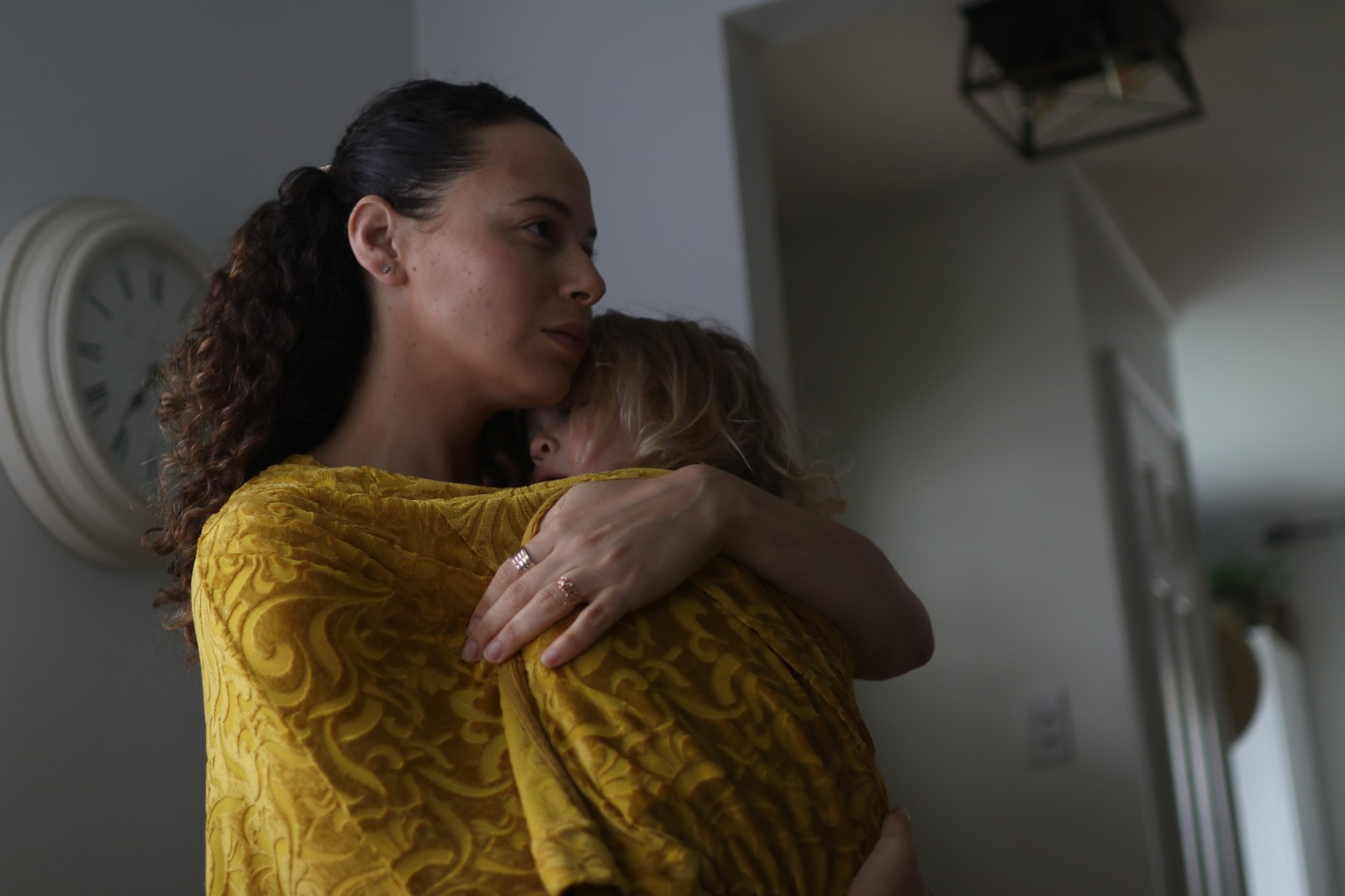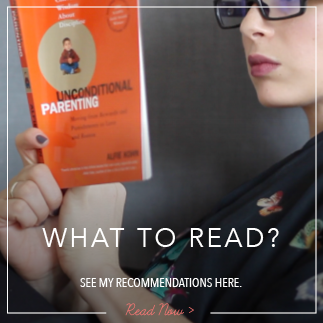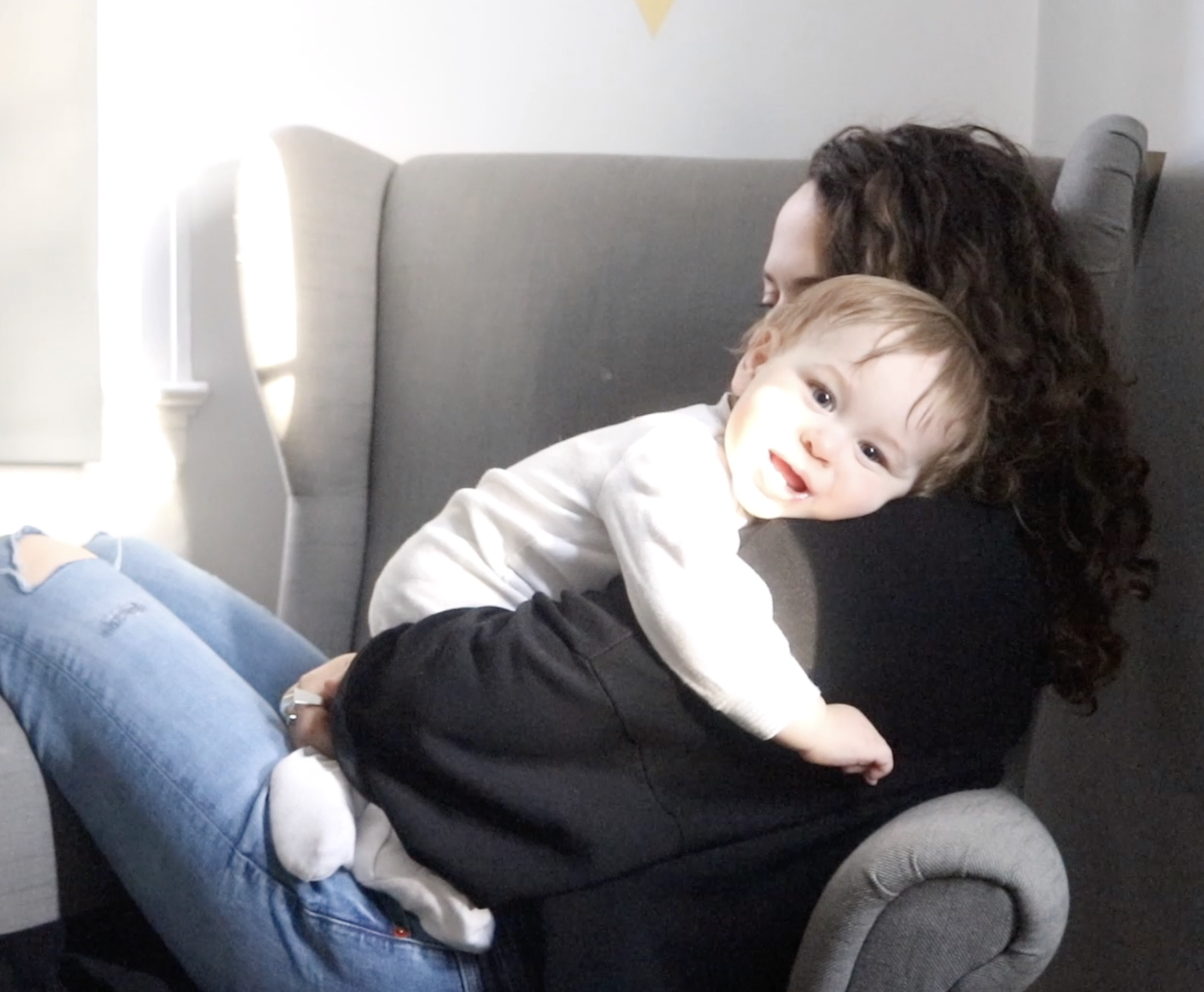10 Signs You’re Burnt Out
Get the free childhood design guide
 We have expectations that we’re going to keep a clean home, cook meals, be productive, look good, feel good and be great parents. The truth is that our level of expectations always has to match the level of support. via @ParentingJunkieTweet This
We have expectations that we’re going to keep a clean home, cook meals, be productive, look good, feel good and be great parents. The truth is that our level of expectations always has to match the level of support. via @ParentingJunkieTweet ThisIf you’re struggling and stuck in survival mode – you are so not alone.
I venture to guess that millions of parents around the world are feeling under-supported, low energy, and, at times, even like they’re teetering on the verge of a breakdown.
When you drive your car, a light will come on when you’re running low on fuel. And the truth is that even though we are much more complex machines than cars, we too, need to refuel. And lights come on to indicate we’re running low on fuel, too.
We just might not know how to recognize them or what to do about them.
But that’s about to change…
This week, I’m sharing 10 signs you’re burning out so that you can heed their warning:
- You’re constantly stressed
When you’re burnt out, you may start to feel stress manifesting in physical ways. Your jaws might feel really tight. You might have stiff shoulders or back pain. Notice if you’re constantly clenching your hands or teeth because that might be a sign that you’re carrying a lot of stress or in survival mode. Tummy aches, irritable bowels, headaches — these can all be signals that you’re under too much stress. If you’re noticing these things, ask yourself whether it’s purely physical or if this might be your body signalling that you’re in survival mode and burning out. - You get triggered a lot (Fight, Flight, Freeze)
If you’re getting triggered a lot more than usual — fighting with your kids, name-calling, feeling flushed, heart pumping, sweaty palms, yelling about things that you would usually have more patience for — that might be a sign that you’re in survival mode. You’ve got to notice the signs as they build up so that you can make a change. Ask yourself, “Am I getting triggered a lot? Am I getting more aches and pains and funny feelings in my body?” so you can start to notice if stress is accumulating and becoming a problem in your life. - Meeting your basic needs is a struggle
The next sign of burnout is when your basic needs — sleep, nutrition, self care — are not getting done. Our own needs tend to be the first on the chopping block when we’re in survival mode. We may start to neglect ourselves while we continue to take care of our children. So if it’s been a long time since you’ve properly cared for your sleep or your health, for example, then that might be a sign that you are teetering on the edge of burnout. When we’re in survival mode, we have less resources to take care of ourselves, and self-care might sound like a distant dream to you right now. You’re so busy and stressed and have so much on your plate. But it’s like that Gandhi quote: on the days that we don’t have time to meditate for one hour, we really need to meditate for two hours. As we enter into survival mode, and burnout becomes a real risk, our self-care becomes even more important. Next week, I’ll share some strategies for that. - Everything feels urgent
A signal that you’re in survival mode is that you’re feeling this sense of tension, friction, stress, worry or emergency. It’s like that feeling when you’re terribly sleep deprived and things seem a lot more dramatic than they would if you were well-rested. That’s what happens when we’re in survival mode. Of course, this doesn’t help us to think straight about what our priorities are and how to navigate this stressful time. Things seem to be looming large and feeling urgent. They might not actually be so large and urgent, but they seem that way because your dashboard indicator light is trying to show you that you need to refuel. - You have a sense of impending doom
Maybe you feel like you’re carrying the weight of the world on your shoulders and everything is stacked so precariously. If one thing slips, then everything’s going to come crashing down, like a sense of impending doom. You may feel like you’re about to lose your mind or have a nervous breakdown. Perhaps you have the uncomfortable feeling that this simply can’t go on. You feel like if you drop this one ball, then everything’s going to come crashing down — your work, relationships, health, et cetera. We feel like we’re going to crush everything all at once. - You feel like you’re failing
So many of us have the kind of self-talk where we think, “I’m messing this up. I’m not good enough. I’m a screw-up.” And that might be our self-talk from childhood or a pattern we’ve developed. But when we’re in survival mode, it becomes a much louder voice. You suddenly feel like you’re truly failing. It feels dramatic and like an emergency. You’re playing this terrible tape in your head all the time: “I’m failing. I let them down again. I failed at my goal again. I promised I wouldn’t yell and I did. I promised I’d give them a healthy meal and I didn’t.” This kind of repetitive self-talk of failure is often not because you’re failing, but rather because you’re in survival mode and you don’t have enough resources. We are very complex creatures, but we’re also not so complicated in the sense that if you don’t refuel yourself, physically and emotionally, then eventually you run out of fuel, and that is what burnout looks like. It looks like apathy or a nervous breakdown or being unable to function on a basic level. For some people, it even looks like hospitalization. So as much as possible, we want to take these things seriously when we notice them coming up. - You’re stuck in the present moment
The next one is that you’re stuck in the present moment — not in a mindful or Zen kind of way, but rather in a way like you’re frantically putting out fires. You can’t think about tomorrow or plan for the future. Really, being able to plan and set goals is crucial to a sane, well-balanced life. We need to be able to put things on our calendar, schedule things out, see how long things will take realistically. But when we’re in survival mode, it’s like we’re just putting one foot in front of the other. It’s like, “I can’t even think about dinner because I just have to figure out lunch.” And being stuck like this makes things even worse because many of our problems need a little bit of forethought and a little bit more planning so we can come out the other side. - You’re isolated
You might be feeling alone or misunderstood — like everybody else has it together and you’re the only one who doesn’t. You might even enter into a bit of a superhero syndrome where you see all these problems around you, and you think you’re the only one who can solve them. When we’re in survival mode, we often forget our interconnectedness. Perhaps we isolate ourselves from our network because we’re in such a negative place. We become even less likely to accept help because we don’t want people to see us vulnerable. If you’re feeling increasingly lonely and not just because you’re in lockdown or quarantine, but because you’re not reaching out and normalizing your experience, that might be because you’re in survival mode. - You feel helpless
If you’re in survival mode, you’re feeling like something needs to change. The truth is you need more resources and support to manage your responsibilities. The level of expectations in our life always has to match the level of support. We have expectations that we’re going to keep a clean home, cook meals, be productive, look good, feel good, be great parents. And all of that requires resources and support. It might be people, time, money or energy that’s required. We need resources to be able to function when our resources are diminished. That’s when we feel that hunger and go into survival mode and things start to feel very urgent. We are in lack, not in abundance, and that can leave us feeling very helpless and resigned to our current reality. - You feel like you can’t measure up
In survival mode, you will consistently feel like you can’t measure up to your own or other people’s expectations. And you can’t meet those expectations because you’re under-resourced and lack the support that it would require. Yet, you still have those expectations of yourself. You still think, “I want to be a connected parent, cook healthy meals, keep a clean home, look good, be energetic, and do productive work.” But you can’t measure up because you don’t have the fuel for it. You might be on Instagram comparing yourself to other people, and it hurts because you feel like you’ll never get it together. There are so many reasons you might be on the verge of burning out. Maybe your partner’s away, you’re going through a financial downturn or major life transition, welcoming a new baby into the family, grieving. Anything that rocks the boat and changes up our level of resources can spiral us into a survival mode. And if gone unchecked, that can lead to burnout.
Take a moment to notice these signals. Sometimes when we’re in survival mode, we can sink into months of depression and apathy. It’s crucial not to let ourselves keep going down that path, but to catch it before it gets to a place where the price is too high.
Burning out is very normal, especially now with all the pressures that parents are under. Most of us are likely in some level of burnout for one reason or another during this time. Notice those signals and promise yourself that you’re going to refuel as soon as possible. Next week, I’ll be showing you 10 ways to survive burnout and start to love parenting again (sooner than you think!)
I’d love to know what you thought about these ideas. Leave a comment below and join me over on Instagram @parentingjunkie!















0 comments